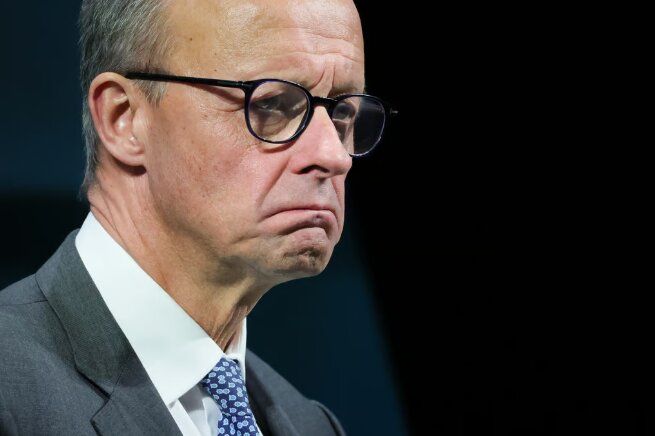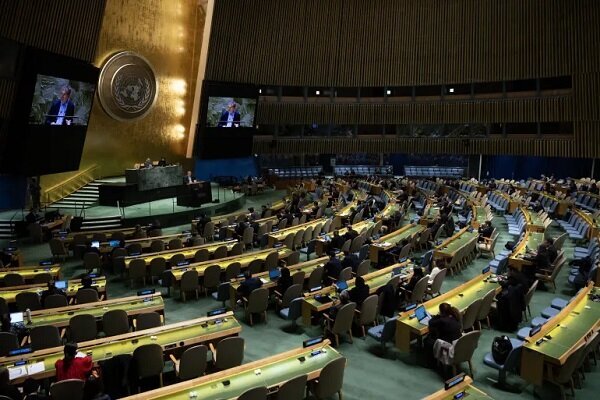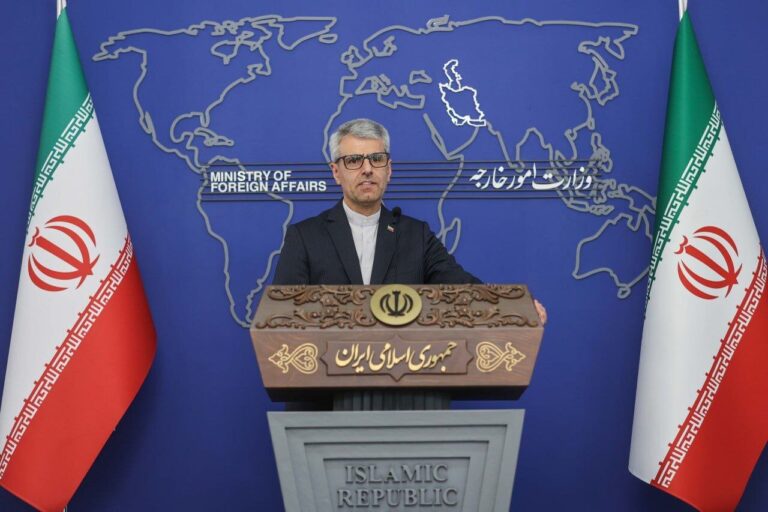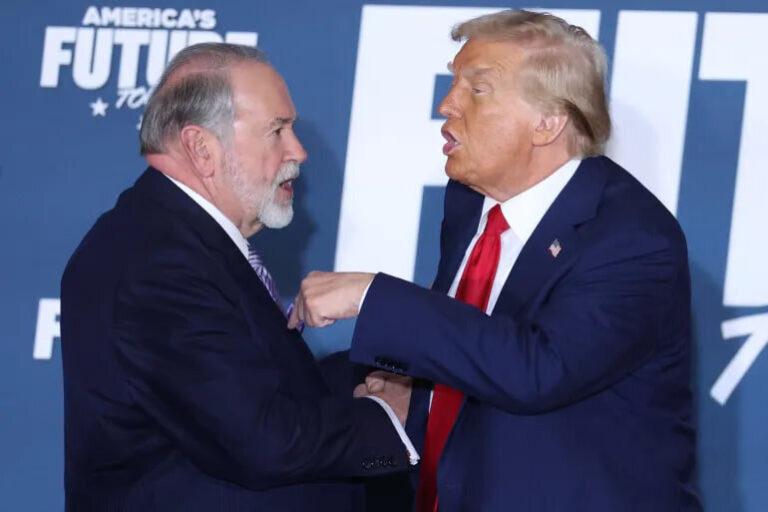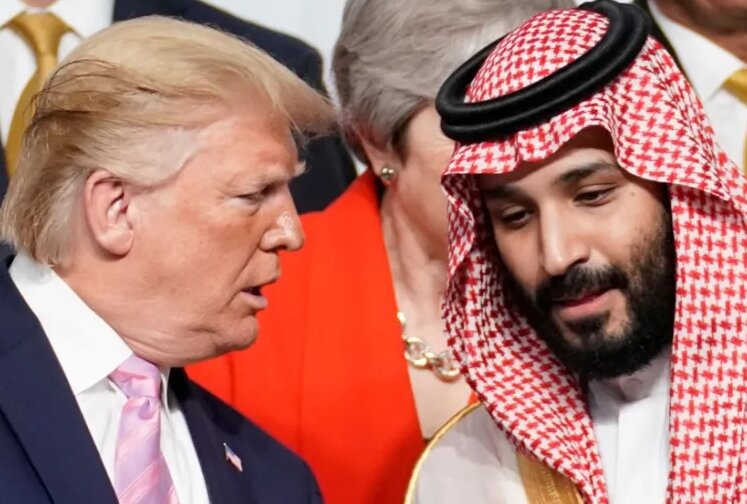Germany’s Merz Faces Political Turmoil: What’s Next for the Controversial Leader?
Friedrich Merz is poised to take on the role of Chancellor, but his journey is far from smooth. With slumping approval ratings and criticism from his conservative base, he is under intense scrutiny during coalition negotiations with the center-left Social Democratic Party (SPD). Critics argue that Merz is not fulfilling his pre-election promises to steer the Christian Democratic Union (CDU) further to the right, as reported by Politico.
The dissent within Merz’s party has become increasingly vocal, particularly after members of the youth organization in Cologne expressed their frustrations in a letter addressed to him. They wrote, “Mr. Merz, we believed in your political leadership. We trusted you. And we have fought for you. But we are now asking the question: for what? For a CDU that submits to the left-wing mainstream?”
Amidst hopes for stronger leadership in Germany following years of divided governance under Chancellor Olaf Scholz, many European leaders anticipated that Merz would step up. Merz himself has committed to this vision, stating after his recent snap election victory on February 23, that he aims to “strengthen Europe as quickly as possible so that, step by step, we can really achieve independence from the USA.”
However, his recent political challenges have left him in a vulnerable position, facing declining support for Germany’s conservative bloc. The far-right Alternative for Germany (AfD) stands to gain significantly as they prepare to become the primary opposition party in the new Bundestag, capitalizing on Merz’s weakened state.
According to the latest Deutschlandtrend poll, support for Merz’s conservative bloc has dropped to 26%, a decrease of three percentage points. Conversely, the AfD has seen its support rise to 24%, marking its strongest showing to date. Even more troubling for Merz, only 25% of Germans currently approve of his performance, a decline of 10 percentage points since February when the conservatives secured their national election victory.
Merz’s troubles began with a historic agreement with the SPD and the Greens, which aims to allocate as much as €1 trillion for defense and infrastructure over the next decade, including €100 billion for Germany’s green transition. While this substantial financial commitment has drawn international praise, it has left many domestic conservatives feeling betrayed. They argue that Merz, who championed fiscal discipline during the election, has capitulated to the SPD’s long-standing desires for debt-fueled spending.
The AfD has seized upon this opportunity, with their leaders accusing Merz of abandoning his constituents. Tino Chrupalla, an AfD leader, posed a pointed question in parliament: “What do you stand for, Mr. Merz? By now, you have the mRNA of the SPD implanted in you.”
The Young Union, the youth organization within Merz’s conservative bloc, has been particularly vocal in its criticism. Johannes Winkel, its chair and a member of the CDU board, has threatened to oppose any coalition agreement with the SPD that fails to prioritize essential conservative values. He has called for:
- A crackdown on migration
- Restoration of economic competitiveness through reduced regulation and bureaucracy
Winkel emphasized, “If we enter into a coalition without the overdue and promised policy change, the country will suffer massive damage,” during an interview with the Süddeutsche Zeitung.
The Cologne youth organization has urged Merz to fulfill his pre-election commitments, which include:
- Rejecting asylum seekers at the border
- Avoiding tax increases
- Implementing a significant reduction in bureaucracy
They warned, “If this course is not corrected immediately, you will not only jeopardize the CDU’s profile — you will destroy the trust of the people and the commitment of its members.”
Merz faces a challenging situation as he lacks the leverage to compel the SPD to adopt more conservative policies. His ambitious spending plan has already granted the SPD many of their demands, and with an alliance with the AfD off the table, he has few options for coalition partners.
In recent days, Merz has attempted to address the concerns of his discontented base, especially as international tensions and tariffs from the Trump administration disrupt stability in Europe. He stated, “The situation on the international equity and bond markets is dramatic and threatens to get worse. It’s more important than ever for Germany to restore its competitiveness. That must be at the heart of coalition talks.”
As Europe navigates its most significant challenges since the Cold War, the outcome of Merz’s coalition negotiations remains uncertain. It is unclear whether he will emerge with the political capital necessary to lead effectively in these trying times.
